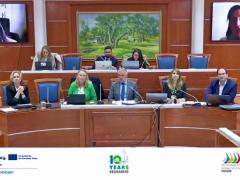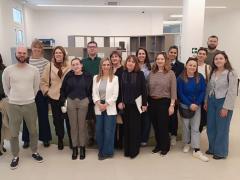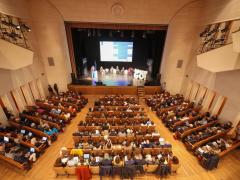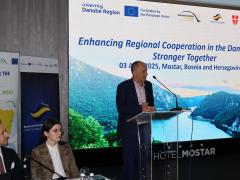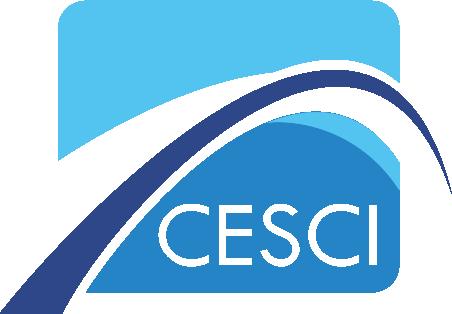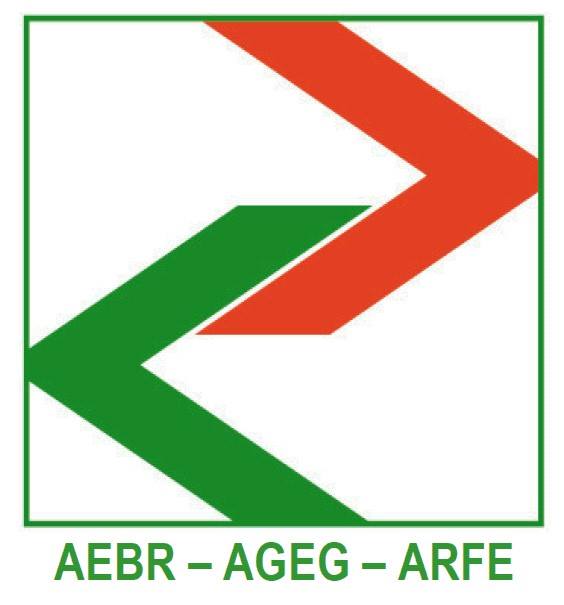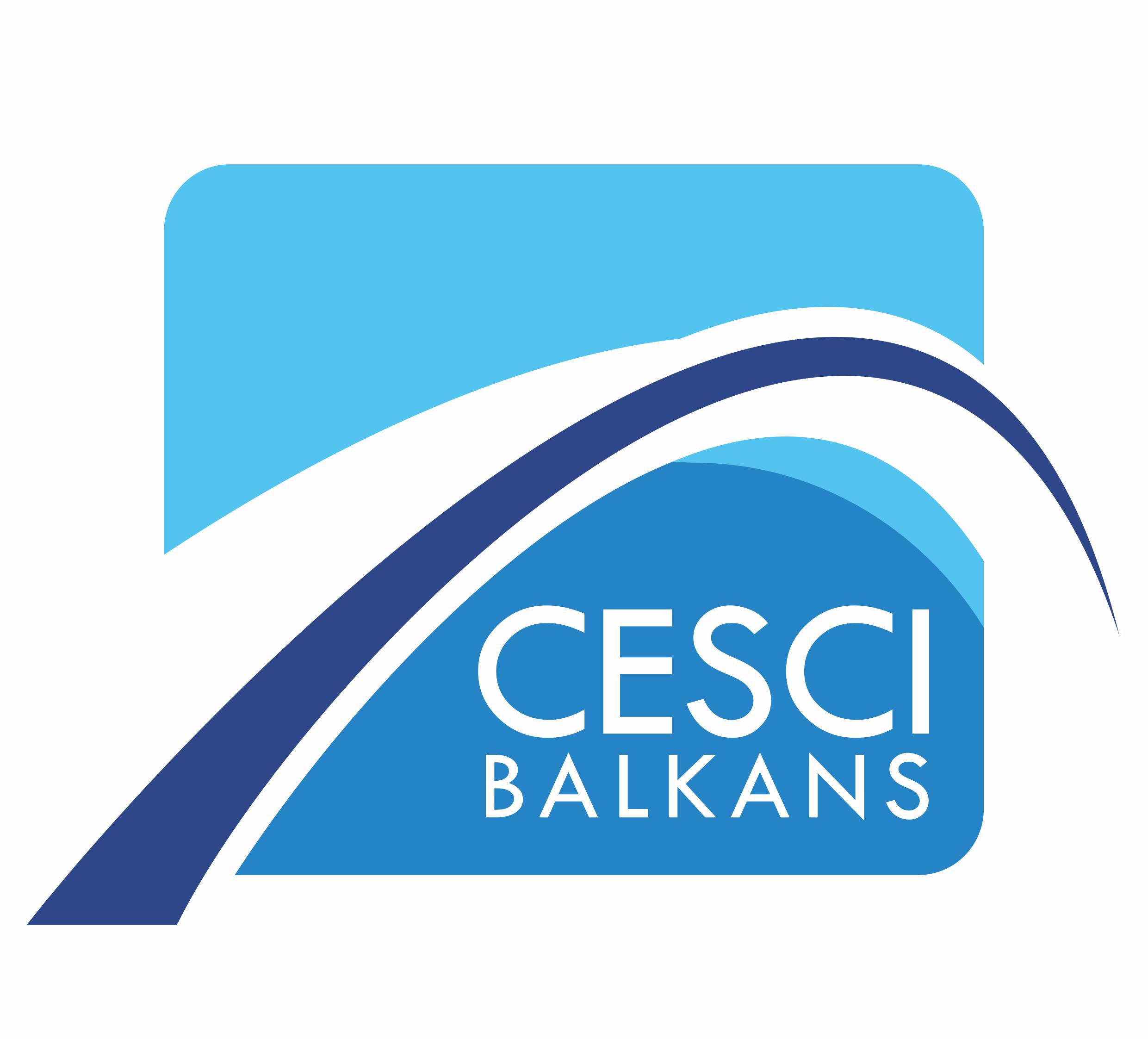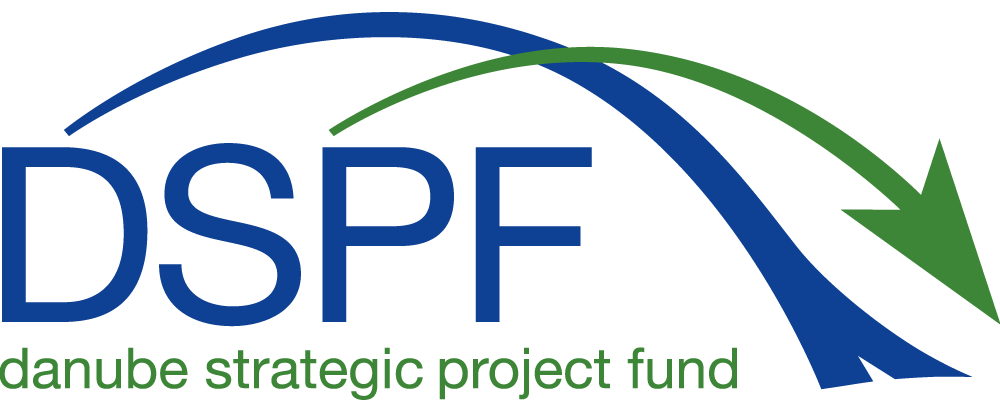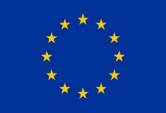At the EUSAIR Forum in Georgioupolis, the conversation around social cohesion took center stage during the Pillar 5 session on the second afternoon of the event.
News
News

On the first day of the 10th EUSAIR Forum, the afternoon was dedicated to critical environmental challenges, with a special focus on marine protection under Pillar 3 – Environmental Quality.

The evaluation of the implementation process of the EU Strategy for the Danube Region (EUSDR) for the period 2020–2024, carried out by M&E Factory from March 2024 to March 2025, has now been concluded.

The Barcelona Convention—formally known as the Convention for the Protection of the Mediterranean Sea Against Pollution—was established in 1976 as a regional agreement to combat pollution in the Mediterranean.
From April 7 to 9, 2025, the island of Corfu, Greece, hosted the 22nd session of the EUSAIR Thematic Steering Group for Pillar 3 – Environmental Quality, alongside the event Accelerating Climate Change Adaptation in the Adriatic-Ionian Region.
The second gathering of the Thematic Steering Group under Pillar 5 of the EU Strategy for the Adriatic and Ionian Region (EUSAIR), which emphasizes enhancing social cohesion, took place in Zadar on April 3.

Under the theme “Empowering Youth for a Brighter Adriatic-Ionian Future: Introducing the EUSAIR Youth Council,” the first-ever networking session of the EUSAIR Youth Council will be held on the second day of the 10th EUSAIR Annual Forum, taking place in Georgioupolis on May 6–7.
Following consultations with the European Parliament and in line with the European Council's 2024–2029 Agenda and the Political Guidelines for the same period, the European Commission has introduced key updates to the Cohesion Policy.
On April 3, 2025, Mostar was the venue for an important EUSDR Cross-PA event focused on water management, emergency response, and disaster risk reduction.

The Hellenic Presidency of EUSAIR, in collaboration with the Greek Ministry of Economy and Finance and the Executive Unit for PA - Greek Ministry of Tourism, warmly invites you to attend a workshop on Maritime and Coastal Tourism. The event will take place on April 11th, 2025, in Kalamata, Greece.

